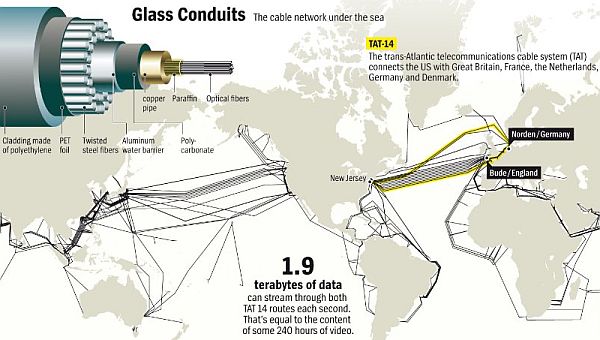The Washington Post reports: Venezuela’s offer of asylum for NSA whistleblower Edward Snowden got a thumbs up from key members of the Russian parliament Saturday, even as the Kremlin and Foreign Ministry kept a studious silence.
“Sanctuary for Snowden in Venezuela would be the best decision,” Alexei Pushkov, head of the foreign affairs committee of Russia’s lower house of parliament, wrote in a tweet Saturday.
Puskhkov, who reliably reflects the government’s position on international issues, voiced what appears to be a growing official desire to see Snowden leave after 13 days holed up in transit limbo at Moscow’s Sheremetyevo airport. He wrote of Snowden, “He can’t live at Sheremetyevo.”
Another parliamentary deputy and member of Pushkov’s committee, Alexander Babakov, told the Russian News Service on Saturday that he thinks the offer of asylum Friday from Venezuelan President Nicolás Maduro was Snowden’s best recourse.
“Given that Snowden’s U.S. passport was revoked and that he has no particular alternative, the proposal, especially coming from the mouth of the head of state, is sure to be accepted,” he said.
Pushkov also argued that asylum would not cost Venezuela, because the country is already in an acute conflict with the United States. “It can’t get worse,” he wrote.
The central question, though, is how Snowden might get to Venezuela. Until now, Russia has been saying he cannot fly out without proper documents, following the revocation of his U.S. passport. On Saturday, a lieutenant colonel in the FSB reserve, Anatoly Yermolin, told the radio station Ekho Moskvy that Russia could grant Snowden status as a “stateless person,” and that would allow him to leave without further complications.
But a more difficult question is: by what route? Direct commercial flights from Moscow to Havana cross European airspace, and after the refusal of France, Italy and Spain to allow an overflight Tuesday by Bolivian President Evo Morales, that route would seem to be problematic for Snowden. He might have to rely on a private plane, following a roundabout course, if he were to reach Caracas. [Continue reading…]
Reuters reports that on Saturday, Bolivia joined Venezuela and Nicaragua in offering asylum to Snowden.

